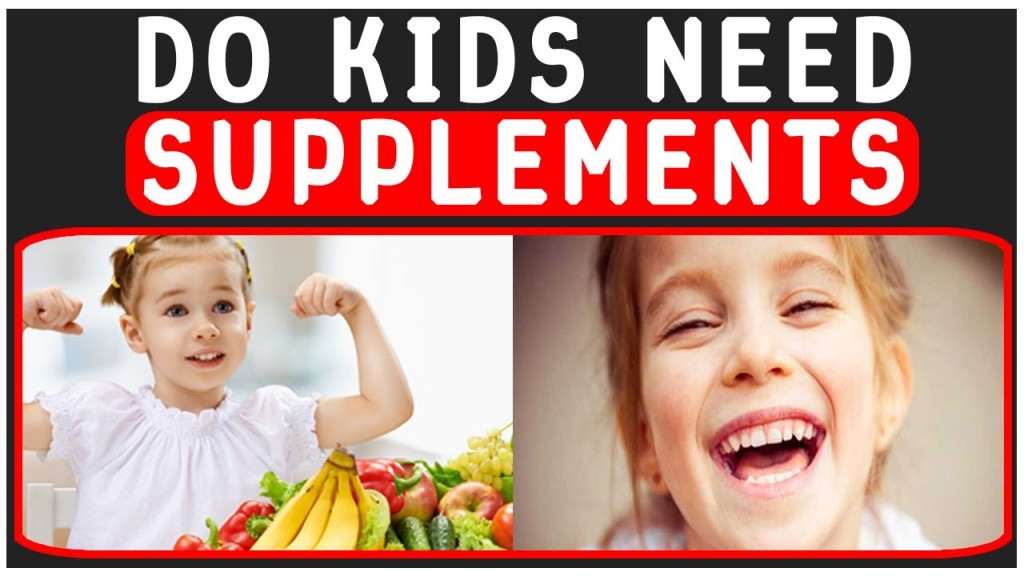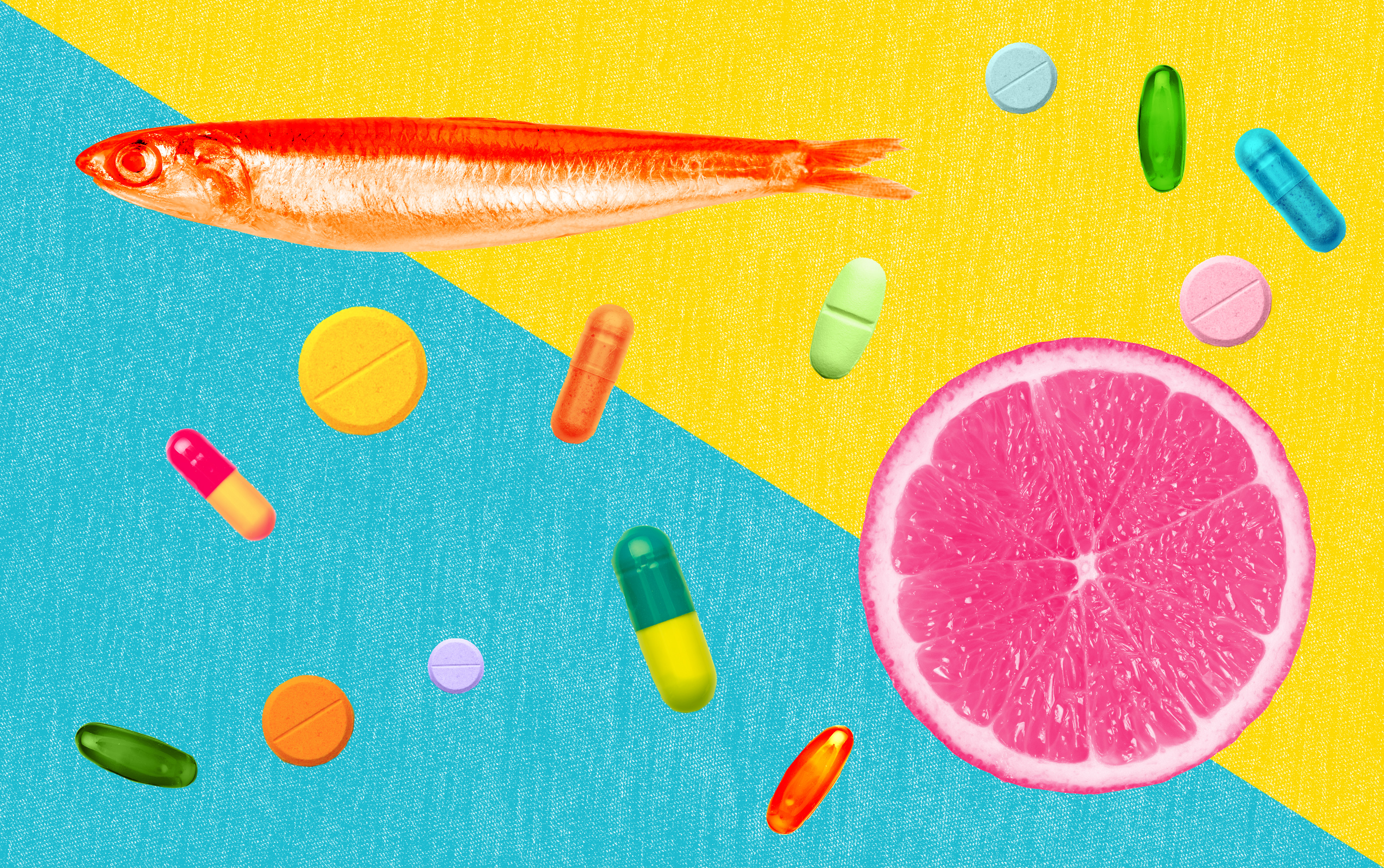If you believe the ads, every kid needs a daily Flintstones or gummy bear vitamin. But is it true?
Not necessarily so, the experts agree. Ideally, kids should get their vitamins from a balanced, healthy diet that includes:
- Milk and dairy products like cheese and yogurt
- Plenty of fresh fruits and leafy, green vegetables
- Protein like chicken, fish, meat, and eggs
- Whole grains like steel-cut oats and brown rice
Which Kids Need Vitamin Supplements?
Given the reality of time-crunched parents, those well-rounded, home-cooked meals aren’t always possible. That’s why pediatricians may recommend a daily multivitamin or mineral supplement for:
- Kids who aren’t eating regular, well-balanced meals made from fresh, whole foods
- Finicky eaters who simply aren’t eating enough
- Kids with chronic medical conditions such as asthma or digestive problems, especially if they’re taking medications. (Be sure to talk with your child’s doctor before starting a supplement if your child is on medication.)
- Kids eating a lot of fast food, convenience food, and processed food
- Kids on a vegetarian or a vegan diet (they may need an iron supplement), a dairy-free diet (they may need a calcium supplement), or other restricted diets
- Kids who drink a lot of carbonated sodas, which can leach vitamins and minerals from their bodies
Top Six Vitamins and Minerals for Kids
In the alphabet soup of vitamins and minerals, a few stand out as critical for growing kids.
- Vitamin A promotes normal growth and development; tissue and bone repair; and healthy skin, eyes, and immune responses. Good sources include milk, cheese, eggs, and yellow-to-orange vegetables like carrots, yams, and squash.
- Vitamin Bs. The family of B vitamins — B2, B3, B6, and B12 — aid metabolism, energy production, and healthy circulatory and nervous systems. Good sources include meat, chicken, fish, nuts, eggs, milk, cheese, beans, and soybeans.
- Vitamin C promotes healthy muscles, connective tissue, and skin. Good sources include citrus fruit, strawberries, kiwi, tomatoes, and green vegetables like broccoli.
- Vitamin D promotes bone and tooth formation and helps the body absorb calcium. Good sources include milk and fatty fish like salmon and mackerel. The best source of vitamin D is sunlight.
- Calcium helps build strong bones as a child grows. Good sources include milk, cheese, yogurt, tofu, and calcium-fortified orange juice.
- Iron builds muscle and is essential to healthy red blood cells. Iron deficiency is a risk in adolescence, especially for girls once they begin to menstruate. Good sources include beef and other red meats, turkey, pork, spinach, beans, and prunes.
Megavitamins — large doses of vitamins — aren’t a good idea for children. The fat-soluble vitamins (vitamins A, D, E, and K) can be toxic if kids get too much of them. Ditto with iron. Your kids can get too much of a good thing.



